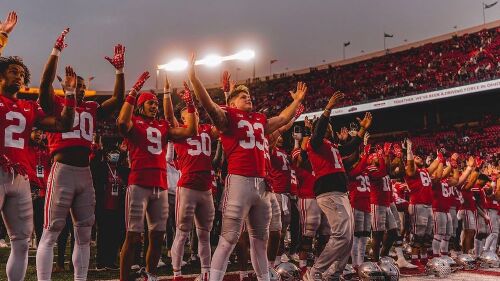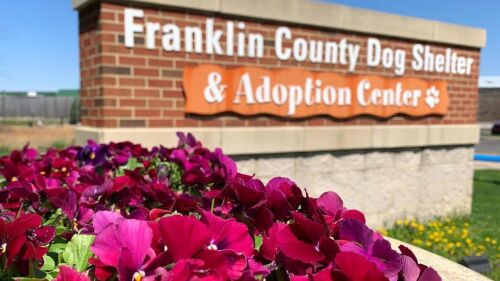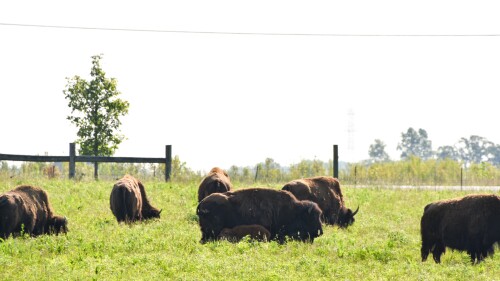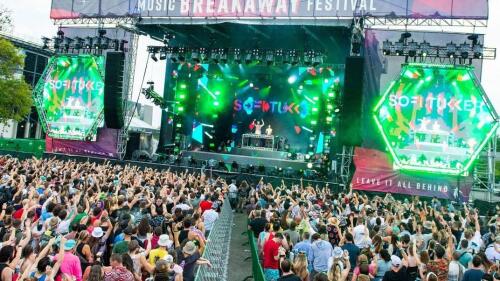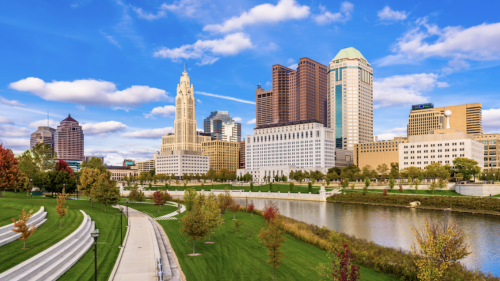ComFest is returning to Goodale Park on Fri., June 24-Sun., June 26 and not only does this mark the end of a two year hiatus — it’s their 50th anniversary.
In honor of ComFest celebrating the big 5-0, we’re diving into the archives + taking a look at its history.
How it all started
The first ever ComFest happened in 1972 because local community groups wanted a festival where they could be inclusive + celebrate all voices. “Celebrate the sun and the trees, celebrate a close friend, a lover,” reads the program guide.
This three-day festival took place at the former 16th Avenue Mall where it offered a stage for music, an all night movie marathon, and DATAGANG, a video crew who recorded the festival which is now available on YouTube.

Relive the moments of the original ComFest with this video | Screenshot via DATAGANG on YouTube
The move to Goodale Park
ComFest stayed put in the Ohio State campus area for 11 years before moving into an empty lot in the Short North in 1983. This lot was where the festival saw its musical performances grow, as it went from one stage to six. And it’s where ComFest was for a decade before making its final move into Goodale Park in 1993.
Planting roots in the park
Since the move in 1993, Goodale Park has been home to ComFest — and it’s where the festival celebrated its 25th anniversary in 1996. “Believe that we can do it for another 25 years… and they will come,” wrote Mark Fisher in the program guide.
Enter year 2000
By the 2000s, ComFest was ever-popular + many referred to it as Columbus’ Woodstock, or “a party with a purpose.” At these festivals, it was common to see people sipping a beer from Columbus Brewing Company as the local brewery was resurrected in 1988 + partnered with ComFest.
A side note for 2017
Do you remember this year of ComFest? It’s the year a US District Judge ruled visitors to ComFest are legally allowed to attend topless. Now, body painters can be found in the park putting works of art onto torsos.
The COVID years
When COVID hit Columbus, ComFest got creative. With in-person events mostly canceled, ComFest went virtual in 2020 + 2021. The first-ever virtual fest focused on inclusivity amid social unrest, with Steve Abbott, program guide editor, writing, “We are living in a critical moment.”
ComFest today
ComFest has become a nonprofit which means it relies on attendance + sales to support the festival — not outside corporations. The festival supports artists + performers both locally and nationally with this revenue and it helps ensure the festival can return for another 50 years to come.
ComFest today features more local vendors like breweries and food trucks + artists than ever before. As Marty Stutz, program guide editor, wrote in this year’s guide, “By strengthening the community and pulling together, by embodying the spirit and purpose of ComFest, the next 50 years can offer the promise of Justice, Peace, Harmony and Diversity that was launched in 1972.”




